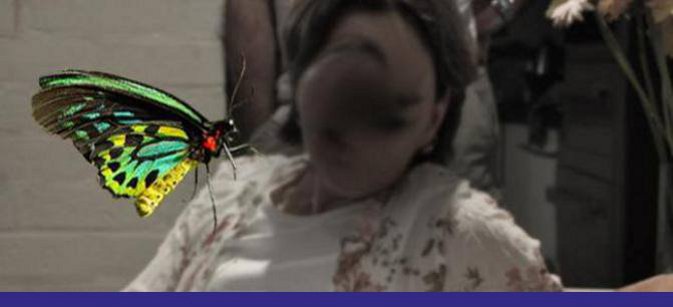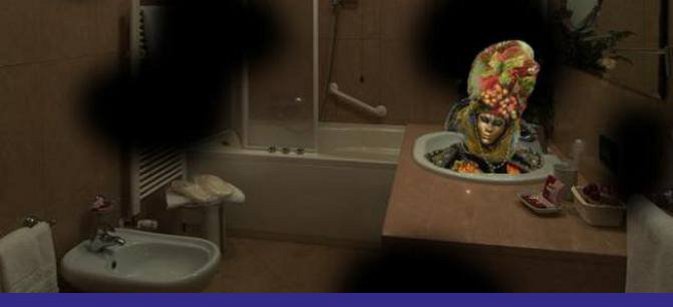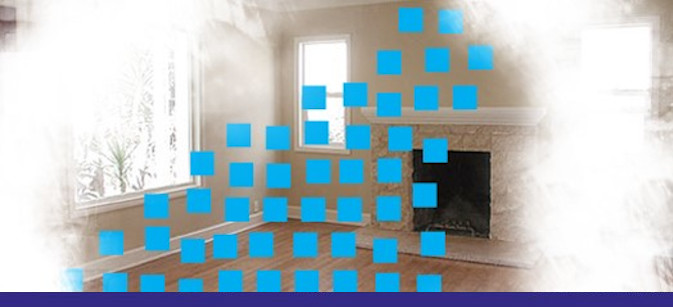One of the most clearcut understandings of the Charles Bonnet syndrome is that it is linked to vision loss. However, as with many aspects of the syndrome, things are not as straight forward as they seem.
The neurologist who named the syndrome in honour of its discoverer, Charles Bonnet, argued that vision loss was not a requirement for CBS. Yet despite this, almost everyone today recognises that there is a strong connection between CBS and acquired vision loss. In fact, CBS is quite often reduced to this simple understanding: if you are 'seeing things' and have experienced sight loss then it must be Bonnet syndrome.
But even though it is now widely held that vision loss is a crucial factor in developing the syndrome, it has not been agreed how much vision loss is required for CBS to occur. And due to this, some misunderstandings have crept in. A common misunderstanding is that only those with very significant vision loss can develop CBS. Some eye specialists have even been known to say to patients that they can't have CBS because:
- "You can read the top letter of the eye chart."
- "You are not legally blind."
- "You don't have macular degeneration."
None of these comments are actually true. CBS does occur in cases of mild to moderate vision loss. And can result from any form of eye disease or injury.

So how much vision loss is required for CBS?
At this point in time, there is no agreement among researchers or those in the medical community.
The Foundation’s present understanding is that CBS can even occur in mild to moderate cases of vision impairment. And that as vision continues to drop further, the chances of developing the syndrome increases. Some even develop the syndrome only after they have lost all perception of light. That's quite a wide range.









